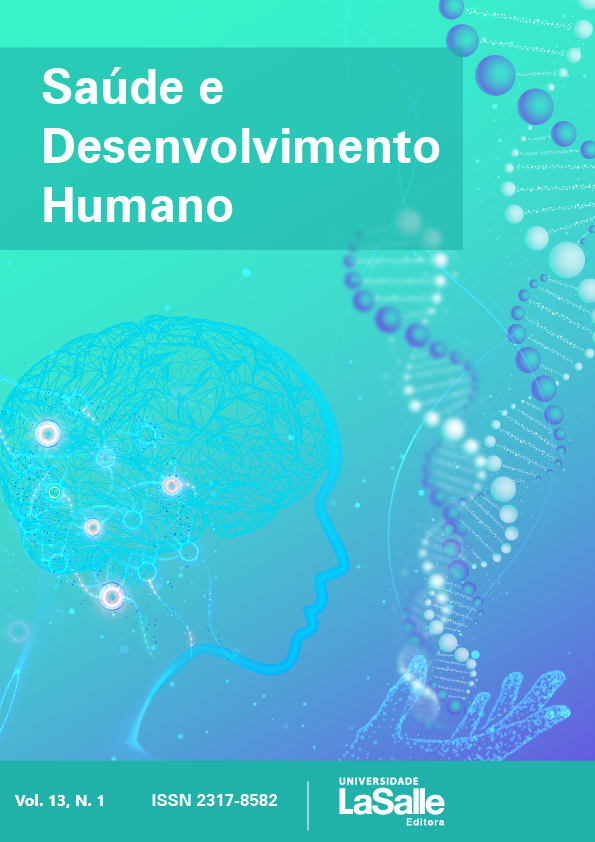COVID 19: Implications of social isolation on the well-being and lifestyle habits of brazilian pregnant women
DOI:
https://doi.org/10.18316/sdh.v13i1.11162Abstract
Introduction: The COVID-19 pandemic had several social effects and vulnerable groups, such as pregnant women, suffered psychosocial impacts.
Objective: To evaluate changes in lifestyle habits and perceived stress of Brazilian pregnant women who experienced social isolation during the COVID-19 pandemic.
Methods: Cross-sectional study, carried out between October and November 2020 using an online questionnaire. Sociodemographic, economic and lifestyle characteristics were verified. Perceived stress was assessed using the Perceived Stress Scale (PSS-10). The data were tabulated in Excel software and statistical analyzes were performed using the Statistical Package for the Social Science (SPSS) program. The Chi-square test and Spearman correlation were performed to evaluate associations and correlations between perceived stress and sociodemographic variables and lifestyle habits.
Results: The sample consisted of 85 pregnant women with an average age of 31.33± 4.87 years. There was a negative correlation between perceived stress and age (r=-0.318) and a positive association between worsening sleep quality and reduced physical activity (p=0.022). The level of perceived stress was 21.2 ± 6.88 points, considered moderate to high.
Conclusion: There were changes in pregnant women's lifestyle habits and perception of stress during the COVID-19 pandemic.
Downloads
Published
Issue
Section
License
Copyright (c) 2025 Saúde e Desenvolvimento Humano

This work is licensed under a Creative Commons Attribution-NonCommercial 4.0 International License.
Authors who submit their manuscripts to be published in this journal agree to the following terms:
- Authors retain copyright and grant the journal right of first publication with the work simultaneously licensed under the Creative Commons Attribution License that allows the sharing of work and recognition of its initial publication in this journal.
- By virtue of the articles appearing in this open access journal, articles are free to use, with proper attribution, in educational and non-commercia.


